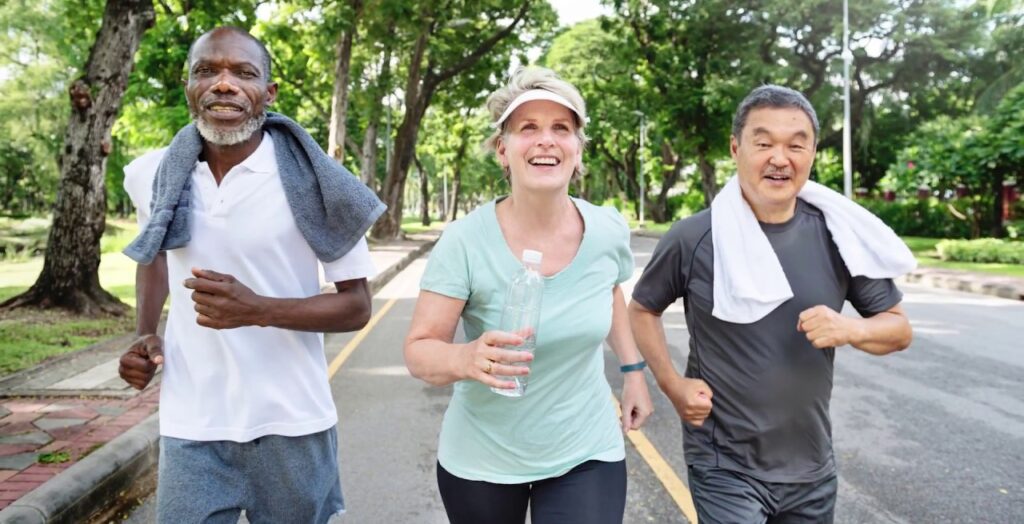When my great-aunt Jean turned 90, she hosted a salsa-themed birthday celebration featuring maracas, churros, and her preferred dancing teacher from the community center. She remarked, “I’m doing something right if I can shimmy at 90.” Though she did adhere to modest daily routines, walks after dinner, a dash of red wine, laughter with friends, and yes, managing her finances so she could retire without concern, Aunt Jean never fretted over the newest health crazes. She lived with energy and freedom, which, from a biologist’s perspective, is the greatest combination.
Living longer is not the end of longevity. It’s about living well for longer physically, intellectually, and financially. The good news is… it needs neither cryogenic chambers nor magical tablets. It’s about a little bit of long-term planning, sensible choices, and science-backed behaviors. Let us therefore explore what truly counts in creating a retirement (and life!) that lasts.
We sometimes hear “exercise is good for you,” but let’s analyze why it’s amazing for healthy aging.
Exercise actually cures several biological features of aging. Regular physical activity especially aerobic exercises like walking, swimming, or dancing (Aunt Jean approved!) increases mitochondrial function, enhances insulin sensitivity, and even extends telomeres (those protective caps on your DNA that shred with age like shoelaces).
No fitness center? This doesn’t pose a problem. Engaging in activities such as walking your dog, dancing around your kitchen, or gardening are all considered acceptable. The aim is consistency, not perfection.
Though I am a scientist, I will confess I enjoy cookies. The good news is eating like a rabbit is not necessary for you to age healthily. Yet some eating habits have survived time and research.
Come in: High in whole grains, olive oil, fish, legumes, fruits, and vegetables, the Mediterranean diet Studies have connected it to reduced general mortality, Alzheimer’s, and heart disease. Not terrible for something so delicious.
Food Plans Supported By Science

Bonus: Enjoy meals with those you care about. Longevity is about how you eat, community matters not only about what you eat.

Good sleep would be my number one bottled anti-aging technique. Still, many of us approach it like discretionary downtime.
Social connection is a powerful longevity weapon, not just feel-good fluff. Research indicates that close social connections can lower your chances of early death, depression, and cognitive decline.
And no, this doesn’t imply you must go clubbing. All of these qualify: meaningful conversations with a neighbor, game night with pals, or Zoom calls with grandchildren.


Yes, even as you become older, your brain is more plastic than you believe. Your brain’s capacity to remodel itself, or neuroplasticity, doesn’t stop at thirty. Indeed, one of the finest methods to prevent cognitive decline and dementia is to push your brain.
Let’s discuss finances. Though I enjoy meditation and mitochondria, no longevity strategy is complete without financial health. Why is that? Financial pressure might negate the advantages of all your efforts in other fields.
Money affects your mental health, quality of life, and access to medical care. A well-organized retirement plan lets you not only endure those golden years but also enjoy them.


Contrary to popular belief, there is no magical potion or eternal youth serum. Daily habits, movement, nutrition, sleep, relationships, curiosity, and smart money decisions create a rhythm that can tip the scales in your favor.
Living longer is great. Is it possible to live longer and better? The aim is that.
Give yourself credit whether you’re finally sitting down to map out your retirement savings, selecting salmon over sausage, or taking your first walk around the block in years. These small actions have a lasting impact. They create a lasting existence.
Remember, as my Aunt Jean did, it’s never too late to salsa into your 90s with happiness, strength, and a good money account.